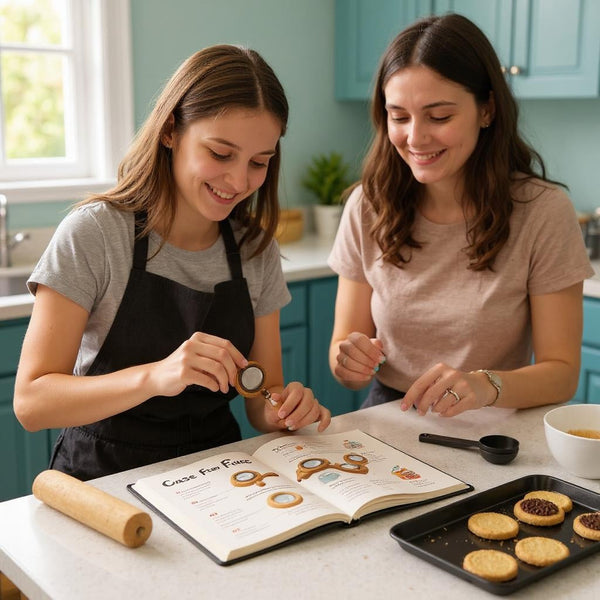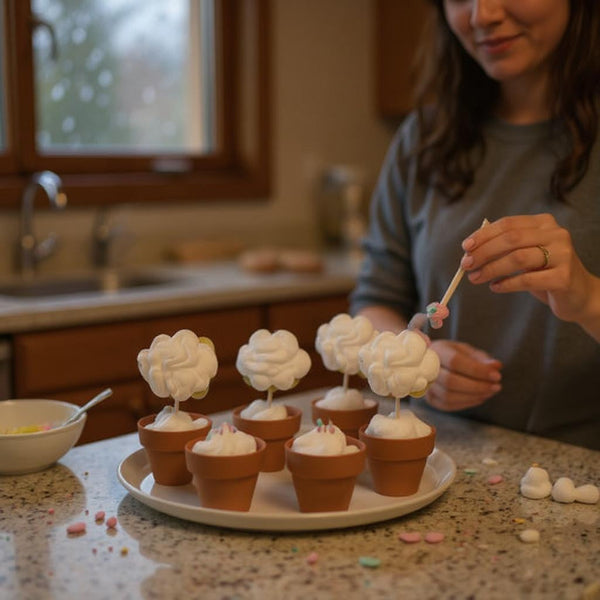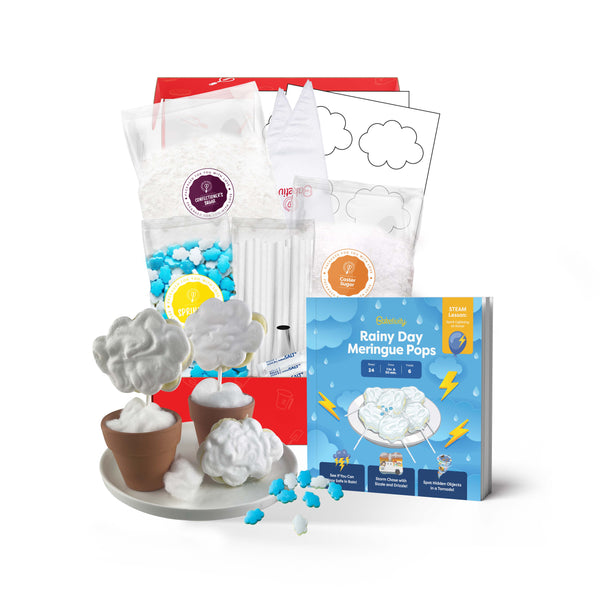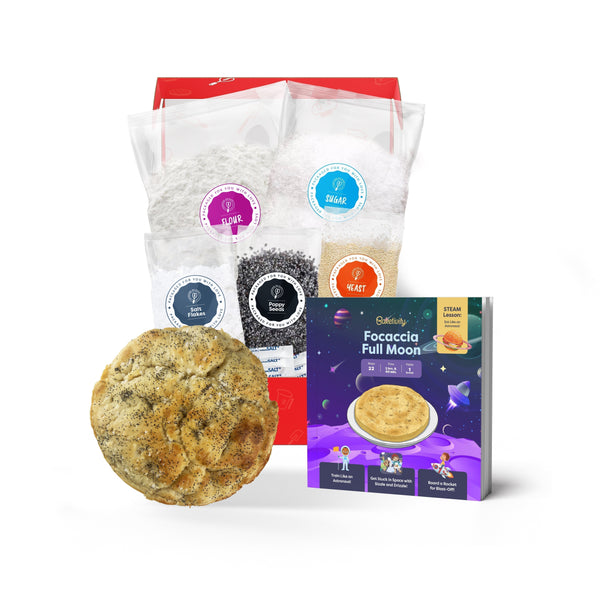Understanding the Basics of Homeschooling
Defining Homeschooling
Homeschooling is an educational approach where parents take on the role of the primary educators for their children, providing instruction within the comforts of their own home. In this setup, parents have the flexibility to tailor the curriculum and teaching methods to suit their child's learning style and pace.The Pros and Cons of Homeschooling
One of the biggest advantages of homeschooling is the individualized attention that children receive. With one-on-one instruction, parents can focus on their child's strengths and weaknesses, ensuring a customized learning experience. Additionally, homeschooling allows for more flexibility in scheduling, allowing families to incorporate activities and field trips into their curriculum. However, it's important to consider the potential downsides as well. Homeschooling requires a great deal of dedication, time, and effort from parents, as they take on the responsibility of planning lessons, creating a curriculum, and staying up-to-date with educational standards. Moreover, homeschooling may limit socialization opportunities, as children may have fewer chances to interact with peers on a daily basis.Common Misconceptions About Homeschooling
Before making a decision, it's crucial to debunk common misconceptions about homeschooling. Contrary to popular belief, homeschooled students receive a well-rounded education. They can participate in extracurricular activities through community organizations, sports teams, and clubs. Furthermore, many colleges and universities actively recruit homeschoolers, recognizing their unique educational experiences and abilities to take initiative. Homeschooled children can also have well-developed social skills. They engage in social activities with other homeschooled children, participate in homeschooling groups and co-ops, and often have the opportunity to interact with individuals from diverse age groups and backgrounds. Moreover, homeschooling provides a unique opportunity for children to explore their interests and passions in depth. With the freedom to choose their own subjects and delve into them at a pace that suits them best, homeschooled students can develop a deep understanding and expertise in areas that truly captivate their curiosity. Whether it's astronomy, creative writing, or computer programming, homeschooling allows children to pursue their passions with enthusiasm and dedication. Another advantage of homeschooling is the ability to create a safe and nurturing learning environment. In a traditional school setting, children may face distractions, peer pressure, and bullying, which can hinder their ability to focus and thrive academically. Homeschooling eliminates these external factors, allowing children to learn in a comfortable and supportive atmosphere. Parents can foster a love for learning by creating a positive and encouraging environment where children feel empowered to explore, question, and grow.Delving into Private School Education
What is Private School Education?
Private schools are independent educational institutions that are funded through tuition fees, endowments, and donations. They offer a rigorous and structured academic curriculum, often with smaller class sizes and specialized programs. Private schools provide access to qualified teachers, cutting-edge facilities, and a wide range of extracurricular activities.The Advantages and Disadvantages of Private School
Private schools are renowned for their high academic standards and dedicated faculty. With smaller class sizes, students receive more individualized attention, allowing teachers to cater to their specific needs. Private schools often boast impressive college acceptance rates and provide a holistic approach to education, emphasizing character development alongside academics. However, it's essential to consider the financial implications. Private school education can come with a hefty price tag, and not all families have the means to afford it. Additionally, the competitive nature of private schools may lead to higher stress levels for students, as they strive to meet demanding academic expectations.Debunking Myths About Private School Education
Despite common misconceptions, private schools are not only for the elite and academically gifted. Many private schools offer financial aid and scholarships to ensure access for a diverse range of students. Private school classrooms often foster a supportive and inclusive environment, where students feel valued and encouraged to reach their fullest potential. It's important to visit different schools, speak to faculty, and ask questions to gain a deeper understanding of what each institution offers. Moreover, private schools often provide unique opportunities for students to explore their interests and passions. From specialized programs in STEM (Science, Technology, Engineering, and Mathematics) to performing arts and sports, private schools offer a wide array of extracurricular activities that cater to diverse talents. These activities not only enhance students' skills but also foster teamwork, leadership, and personal growth. Furthermore, private schools often have state-of-the-art facilities that provide students with an enriched learning environment. From well-equipped science labs to modern libraries and art studios, these facilities enable students to engage in hands-on learning experiences, encouraging creativity and critical thinking. The investment in such facilities reflects the commitment of private schools to provide students with the best resources to support their educational journey.Key Factors to Consider When Choosing Between Homeschool and Private School
Assessing Your Child's Learning Style
Every child is unique, with different learning styles and preferences. Before making a decision, take the time to understand how your child learns best. Some children thrive in a structured classroom environment, while others may benefit from the personalized attention and flexible pace of homeschooling.Considering Your Family's Lifestyle and Schedule
Assess your family's lifestyle and schedule to determine which educational option aligns better with your daily routines and commitments. Homeschooling requires a significant time investment from parents, while private schools have fixed schedules and extracurricular activities that may need to be balanced with other commitments.Evaluating the Financial Implications
Private school education often comes with a price tag, so it is essential to evaluate your financial capacity. Create a budget and consider the long-term costs of tuition fees, uniforms, transportation, and other expenses. On the other hand, homeschooling allows for more control over costs, but parents need to factor in the costs of curriculum materials and resources.Understanding the Socialization Opportunities
Consider the socialization opportunities available in homeschooling and private school settings. Homeschooled children can engage in community activities, local classes, and group outings to foster social interaction. Meanwhile, private schools offer a built-in social environment where children can form long-lasting friendships and engage in extracurricular activities with peers.Making the Decision: Homeschool vs Private School
Weighing the Pros and Cons
Now that you have a better understanding of both homeschooling and private school education, it's time to weigh the pros and cons. Consider your child's learning style, socialization needs, and your family's financial situation. Reflect on the advantages and disadvantages of each option, and prioritize what matters most to you and your child.Consulting with Education Professionals
Seek guidance from education professionals such as teachers, counselors, and administrators who can provide valuable insights and perspectives. Discuss your concerns, ask questions, and request information about academic programs, teaching methodologies, and support services at both homeschooling organizations and private schools.Listening to Your Child's Input
Lastly, remember to involve your child in the decision-making process. Their input and feelings about their learning environment matter, as they will be the ones directly impacted by the choice. Engage in open and honest conversations, listen to their preferences, and take their desires into consideration when making the final decision. In conclusion, choosing between homeschooling and private school education is a significant decision that requires careful consideration. Understanding the basics of each option, weighing their pros and cons, and evaluating key factors such as learning style, lifestyle, finances, and socialization opportunities will help guide you in making the best choice for your child's education. Remember that there is no one-size-fits-all answer, and what works for one child may not work for another. Trust your instincts as a parent and prioritize your child's well-being and educational success.Enhance Your Child's Education with Baketivity
As you consider the best educational path for your child, remember that learning extends beyond the classroom. Baketivity invites you and your family to enrich your child's educational experience through the joy of baking. Our baking kits, complete with pre-measured ingredients and STEAM activities, are perfect for homeschooling families seeking to incorporate practical skills and family bonding into their curriculum, as well as for private school students looking for creative extracurricular activities. Embrace the values of quality, creativity, and education by joining the Baking Club today, and create delicious memories that complement your child's learning journey.




